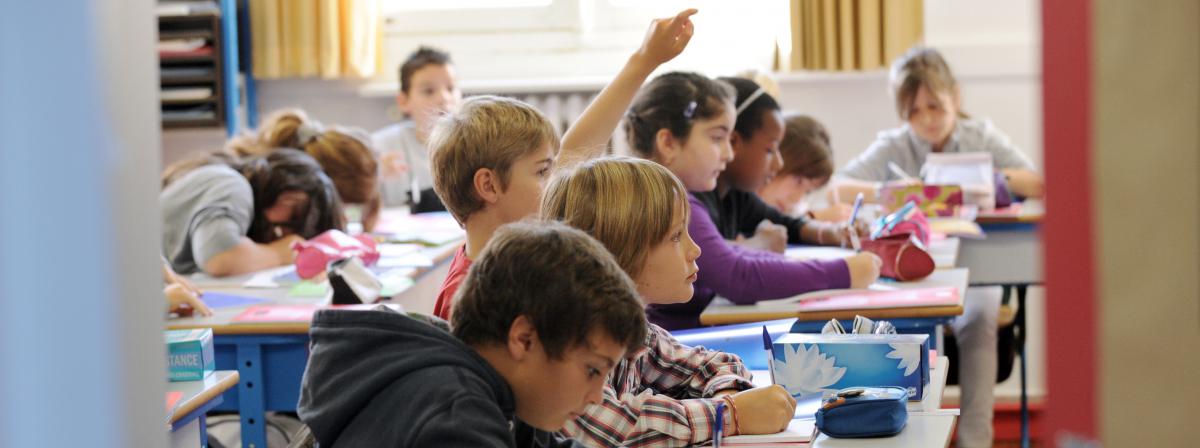Why Kids Are Afraid to Ask for Help (Kayla Good, Alex Shaw)

Children as young as seven years old may hesitate to ask questions in school because they worry classmates will think they are “stupid”.
Adults are often embarrassed about asking for aid. It's an act that can make people feel vulnerable. The moment you ask for directions, after all, you reveal that you are lost. Seeking assistance can feel like you are broadcasting your incompetence.
New research suggests young children don't seek help in school, even when they need it, for the same reason. Until relatively recently, psychologists assumed that children did not start to care about their reputation and peers' perceptions until around age nine. But a wave of findings in the past few years has pushed back against that assumption. This research has revealed that youngsters as young as age five care deeply about the way others think about them. In fact, kids sometimes go so far as to cheat at simple games to look smart.
[Authors'] research suggests that as early as age seven, children begin to connect asking for help with looking incompetent in front of others. At some point, every child struggles in the classroom. But if they are afraid to ask for help because their classmates are watching, learning will suffer.
(…)
Such reputational barriers likely require reputation-based solutions. First, adults should lower the social stakes of seeking help. For instance, teachers could give children more opportunities to seek assistance privately by making themselves available to students for one-on-one conversations while classmates tackle group work. Teachers should couple this effort with steps that help students perceive asking questions in front of others as normal, positive behavior. For example, instructors could create activities in which each student becomes an “expert” on a different topic, and then children must ask one another for help to master all of the material.
Seeking help could even be framed as socially desirable. Parents could point out how a child's question kicked off a valuable conversation in which the entire family got to talk and learn together. Adults could praise kids for seeking assistance. These responses send a strong signal that other people value a willingness to ask for aid and that seeking help is part of a path to success.
https://www.scientificamerican.com/article/why-kids-are-afraid-to-ask-for-help/
Links in the article above:
- “Why didn’t you just ask?” Underestimating the discomfort of help-seeking https://www.sciencedirect.com/science/article/abs/pii/S0022103109003217
- Telling young children they have a reputation for being smart promotes cheating https://onlinelibrary.wiley.com/doi/abs/10.1111/desc.12585
- Being versus appearing smart: Children’s developing intuitions about how reputational motives guide behavior https://srcd.onlinelibrary.wiley.com/doi/full/10.1111/cdev.13711
